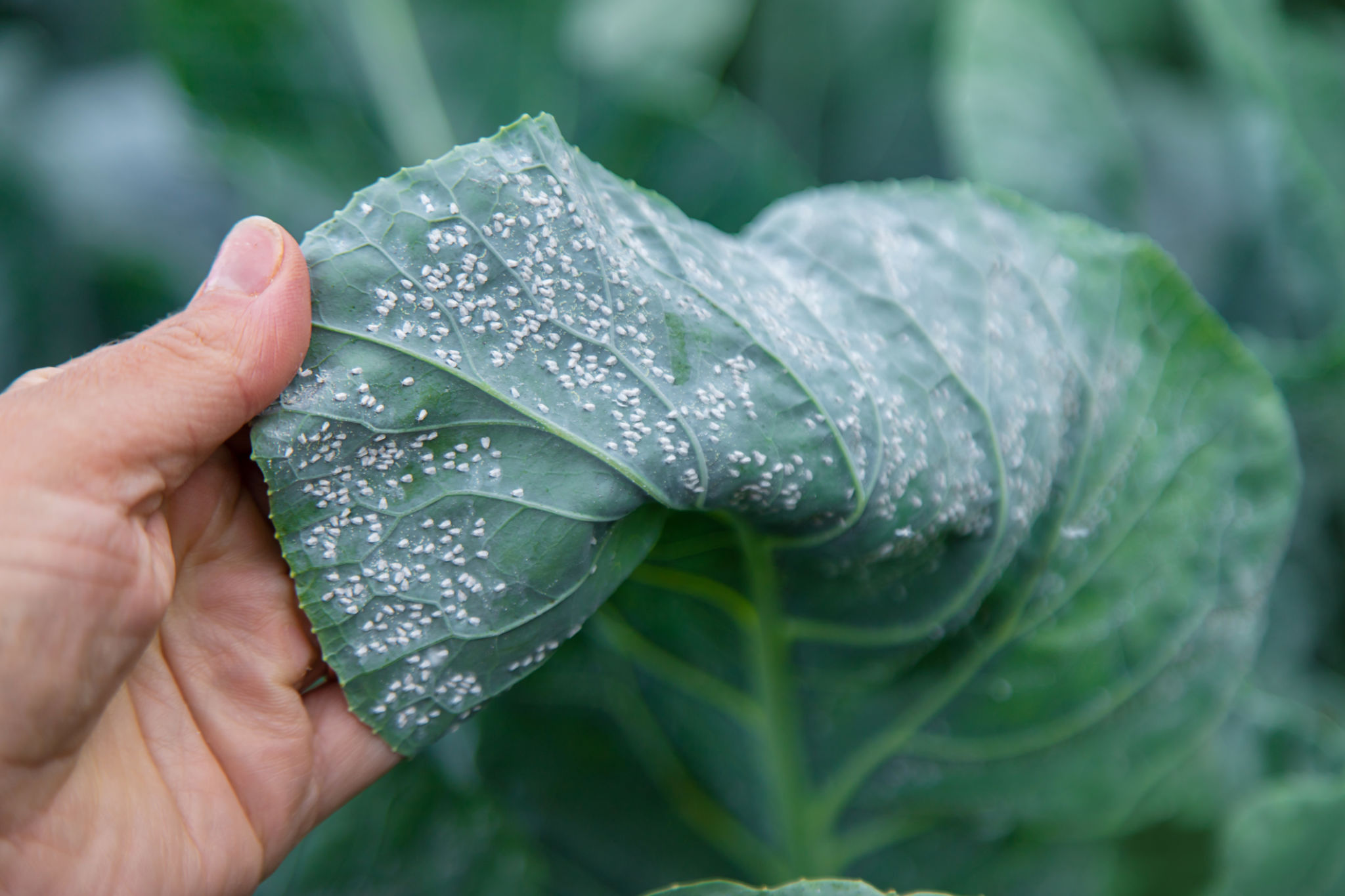Seasonal Pest Control Strategies for Queensland Homeowners
Understanding the Pest Calendar
Queensland's tropical and subtropical climates create an ideal environment for a variety of pests. Each season brings its own set of challenges, from ants in the summer to rodents seeking warmth during the cooler months. Understanding the pest calendar is crucial for effective pest management. By knowing which pests are most active at different times of the year, homeowners can take proactive measures to protect their homes.
Summer: Battling Ants and Mosquitoes
Summer in Queensland is synonymous with hot, humid weather, a scenario that attracts ants and mosquitoes. To combat these pests, homeowners should focus on eliminating standing water where mosquitoes breed and sealing cracks and crevices to prevent ants from entering. It's also wise to keep food stored in airtight containers to deter ants.

Autumn: Preparing for Rodent Invasions
As temperatures start to drop in autumn, rodents begin seeking shelter indoors. Homeowners should inspect their properties for any entry points, such as gaps around windows and doors. Installing door sweeps and using steel wool to block small openings can be effective deterrents. Additionally, ensuring that garbage bins are tightly sealed will reduce the attraction for these unwanted guests.
Winter: Focusing on Spiders and Silverfish
During the winter months, spiders and silverfish become more prevalent indoors. Spiders often find refuge in dark corners, while silverfish are drawn to damp areas such as bathrooms and basements. Regular cleaning and decluttering can help minimize hiding spots for these pests. Dehumidifiers can also be beneficial in reducing moisture levels that attract silverfish.

Spring: Tackling Termites and Fleas
Spring is the perfect time for termites and fleas to thrive. Homeowners should conduct regular inspections for signs of termite activity, such as mud tubes or damaged wood. For flea control, it's important to focus on both pets and their living environments. Regular vacuuming and washing pet bedding can help keep flea populations in check.
Integrated Pest Management Strategies
Integrated Pest Management (IPM) is a holistic approach that combines preventive measures, monitoring, and control techniques to manage pests effectively. This strategy emphasizes using non-chemical methods whenever possible and resorting to pesticides only when necessary. By adopting IPM practices, homeowners can reduce the impact of pest infestations while minimizing harm to the environment.

The Importance of Regular Maintenance
Consistent maintenance plays a pivotal role in seasonal pest control. Regularly checking for signs of pest activity, maintaining a clean home, and addressing repairs promptly can significantly reduce the likelihood of an infestation. Homeowners should also consider scheduling annual professional pest inspections to catch potential issues early.
When to Call in the Experts
Sometimes, despite the best efforts, pest problems may become overwhelming. In such cases, enlisting the help of professional pest control services is advisable. Experts have access to specialized tools and techniques that can effectively tackle even severe infestations. Hiring professionals ensures that pests are dealt with safely and efficiently.
By understanding and implementing seasonal pest control strategies, Queensland homeowners can enjoy a more comfortable and pest-free living environment year-round.
